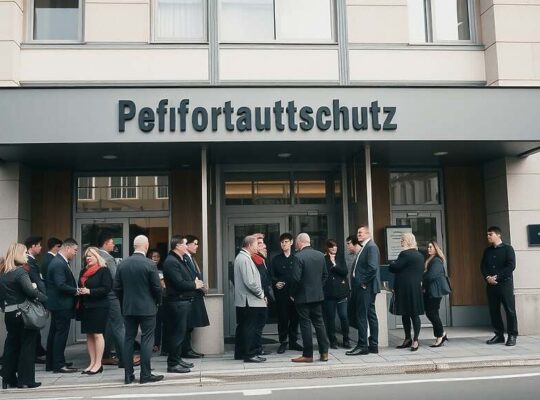Germany’s labor market is undergoing a paradoxical shift, with a decline in average weekly working hours occurring alongside record employment levels, according to a new study released by the Duisburg-Essen University’s Institute for Employment Research (IAB). The data, published Wednesday, reveals a drop in the average weekly working time to 34.6 hours, while simultaneously showcasing the highest level of employment seen since German reunification. Total working hours reached a staggering 54.592 million in 2023, defying traditional economic indicators.
The most significant change observed is a reduction in working hours among men, who now work a reported 1.1 hours less per week compared to 2012. This trend is further underscored by a notable increase in part-time employment, rising from 27.2% to 30.9%. Critically, the rise in part-time work isn’t limited to the traditionally associated demographics; a growing number of fathers, highly skilled workers and even younger employees without childcare responsibilities are opting for reduced hours.
While superficially appearing positive – suggesting a move towards greater work-life balance – the data sparks a critical debate about the future of work and potential unintended consequences. Some analysts question whether these shifts are driven by genuine employee preference or reflect underlying economic pressures and a lack of secure, full-time positions.
Angelika Kümmerling, a labor sociologist, is advocating for a fundamental re-evaluation of the standard full-time working week. She argues that a shorter, more flexible model – rather than a continued reliance on the traditional 40-hour week – could significantly broaden access to the labor market. Kümmerling posits that the increased participation of workers, even with reduced individual hours, would effectively compensate for the shorter working times, further stimulating economic activity and addressing persistent unemployment concerns.
However, the practicality of implementing such a policy faces political headwinds. Concerns remain about potential impacts on productivity and international competitiveness, leading to a complex discussion about balancing worker wellbeing with economic imperatives. The debate highlights a growing tension between the desire for greater flexibility and the need for stable, high-paying employment, posing a significant challenge to policymakers as they attempt to navigate the evolving landscape of Germany’s labor market.












